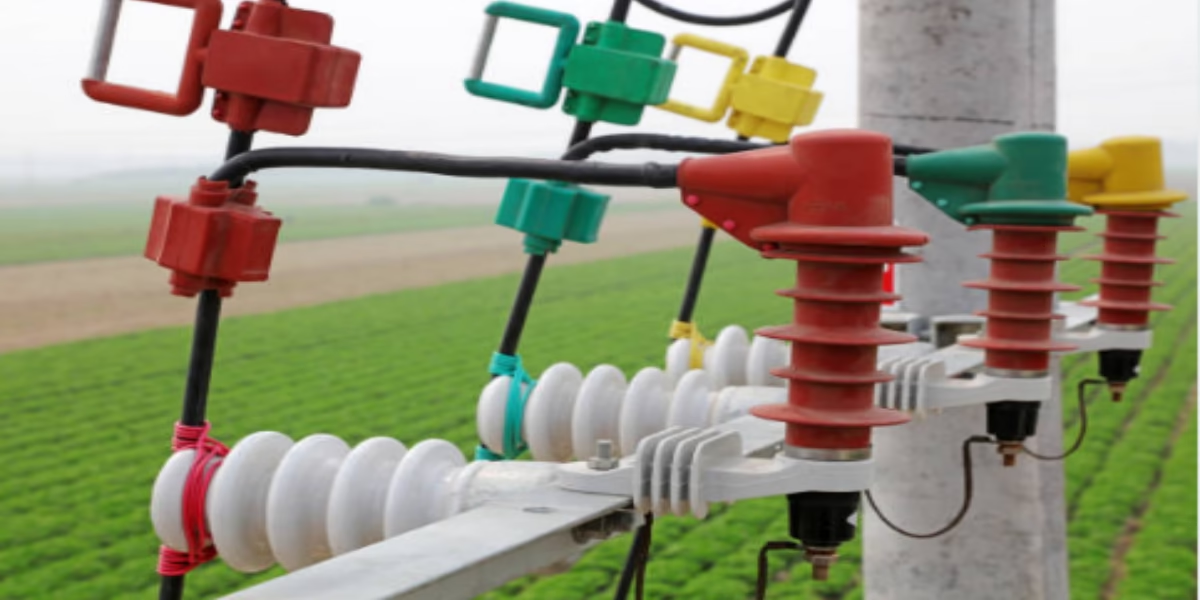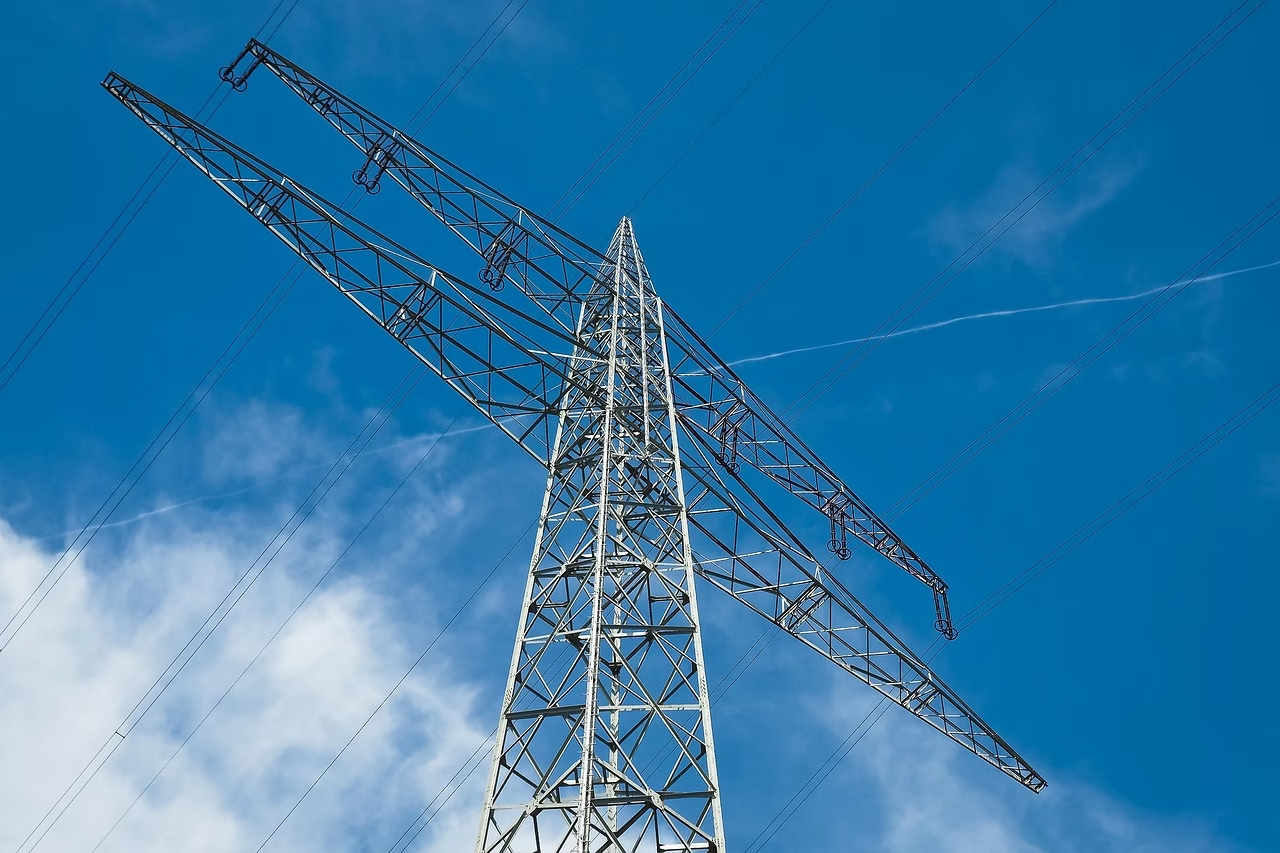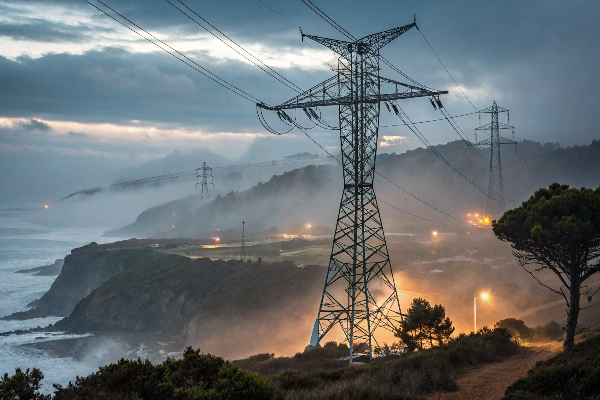In an era where our reliance on electrical systems is more profound than ever,the importance of safeguarding these networks from unexpected surges cannot be understated.enter the guardians of voltage—metal oxide surge arresters (MOSAs). These unassuming yet crucial devices play a pivotal role in protecting sensitive equipment from the perils of voltage spikes that can led to costly damages or even catastrophic failures. As we delve into the realm of MOSAs, we will unravel the science behind their operation, explore their diverse applications, and examine the latest advancements that enhance their effectiveness. Join us on this journey as we shine a light on the unsung heroes of electrical engineering—the metal oxide surge arresters that tirelessly stand watch over our systems, ensuring stability in an ever-changing technological landscape.
Table of Contents
- Understanding the Functionality of Metal Oxide Surge Arresters
- Key Advantages of Metal Oxide Technology in Power Systems
- Best Practices for Installing and Maintaining Surge Arresters
- Future Trends in Surge Protection: Innovations on the Horizon
- Q&A
- Final Thoughts
Understanding the Functionality of Metal Oxide Surge Arresters
Metal oxide surge arresters (MOSA) have become indispensable components in electrical systems designed to protect against transient voltage spikes, commonly resulting from lightning strikes or switching events. These devices utilize zinc oxide (ZnO) as the primary semiconductor material. Unlike traditional arresters that feature air gaps, MOSAs work by ensuring that voltage levels remain within safe operating limits by momentarily diverting excess energy to the ground. This functionality permits them to effectively clamp high-voltage surges, maintaining system integrity and longevity, while also minimizing downtime.
Moreover, the construction of metal oxide surge arresters contributes to their efficiency and reliability.They typically boast a robust design,featuring metallic enclosures and high-thermal capacity for heat dissipation. Key benefits of MOSAs include:
- Low residual voltage, which ensures better protection for connected equipment.
- Fast response time, providing immediate action against voltage spikes.
- Long operational life, aided by their durable materials and resistance to environmental factors.
To illustrate MOSA functionality, consider the following table that outlines essential parameters and benefits:
| Parameter | Description |
|---|---|
| Response Time | In nanoseconds, ensuring immediate surge response |
| Voltage Rating | Accommodates a wide range of operating system voltages |
| Failure Mode | Safe short circuit failure, minimizing risks to equipment |
Key Advantages of Metal Oxide Technology in Power Systems
metal oxide technology, a cornerstone in modern power systems, offers several notable benefits that enhance reliability and efficiency in electrical infrastructure. One primary advantage is the high energy absorption capacity, which allows these devices to effectively handle considerable voltage surges, thereby safeguarding sensitive equipment. Additionally, metal oxide surge arresters exhibit excellent thermal stability, making them suitable for a wide range of environmental conditions. Their compact design not only saves space but also simplifies installation, facilitating a quicker, more streamlined integration into existing systems.
Another key benefit of employing metal oxide technology is its minimal maintenance requirements. Unlike traditional surge protection devices, which may need regular monitoring and replacement, these devices are designed to endure the rigors of time and offer extended service life. Moreover,they demonstrate extremely low leakage current,reducing energy losses and enhancing overall system efficiency.As a result, the long-term operational costs are considerably lowered, making metal oxide surge arresters a cost-effective solution for modern power systems.
Best Practices for Installing and Maintaining Surge Arresters
When it comes to ensuring the longevity of metal oxide surge arresters, adherence to best practices is paramount. To achieve optimal performance, installing surge arresters in proximity to equipment is essential, minimizing the length of connecting leads to reduce the risk of voltage surges. Moreover, ensure proper grounding; a low-impedance ground connection helps prevent surge energy from affecting sensitive devices. It's also crucial to consider environmental factors such as humidity and temperature, using enclosures when necessary to shield arresters from harsh conditions. Regular inspections and maintenance checks can reveal potential issues before they escalate, ensuring that these protectors remain effective guardians against surges.
Another critical aspect of maintaining surge arresters is regularly updating and documenting their condition. A maintenance log should include inspection dates, found anomalies, and any rectifications made, which aids in tracking the performance over time. Additionally, it’s wise to have a standard operating procedure for testing the devices; this involves checking their operational voltage ratings and assessing any signs of wear. By following these strategies, users can ensure that surge arresters not only protect infrastructure but do so efficiently and reliably. The investment in proper installation and routine upkeep can prevent costly damage to essential electrical equipment.
Future Trends in Surge protection: Innovations on the Horizon
The future of surge protection is poised for remarkable advancements, driven by the need for more efficient and reliable technologies. Leading the charge are new materials and technologies in the creation of metal oxide surge arresters (MOSAs).These innovations aim to enhance performance, extend lifespan, and improve the overall safety of electrical systems. Key developments on the horizon include:
- Nanotechnology Integration: Utilizing nanoscale materials for better conductivity and reduced reaction times.
- Smart monitoring Systems: Embedding IoT capabilities in MOSAs for real-time surge tracking and diagnostics.
- environmental Resilience: Creating arresters that withstand extreme temperatures, humidity, and corrosive environments.
Moreover, the embrace of lasting practices is becoming increasingly critically important, with a focus on eco-kind materials and energy-efficient designs. As manufacturers strive to reduce their carbon footprint, we will likely see a shift towards the use of recyclable components in surge protection devices. To illustrate the anticipated changes, consider the following table of potential enhancements:
| Innovation | Benefit |
|---|---|
| Flexible MOSA Design | Adaptable to varied environments and installation needs |
| Hybrid Surge Protection | Combines multiple protective technologies for enhanced performance |
| Predictive Maintenance Algorithms | Reduces downtime and maintenance costs thru advanced analytics |
Q&A
Q&A: Guardians of Voltage - Exploring Metal Oxide Surge Arresters
Q1: What are metal oxide surge arresters and how do they function?
A1: Metal oxide surge arresters (MOSAs) are vital components designed to protect electrical equipment from voltage spikes caused by lightning strikes, switching operations, or other transient overvoltages. They function by shunting excess voltage away from sensitive circuits to the ground. This is achieved through metal oxide materials, which exhibit nonlinear resistance; they remain as insulators under normal voltage levels but dramatically decrease resistance during surges, allowing excess current to divert safely.
Q2: why are metal oxide surge arresters preferred over traditional surge protection devices?
A2: Metal oxide surge arresters have gained popularity due to their superior performance and reliability.Unlike traditional gas tube or silicon-based devices, MOSAs can handle higher energy levels and maintain their protective capabilities over time without significant degradation. Their compact size and light weight also make them easier to install and integrate into existing systems. Additionally, they do not have components that can wear out or fail as quickly, providing a longer service life and enhancing system reliability.
Q3: In what applications are metal oxide surge arresters most commonly used?
A3: MOSAs are crucial in a variety of applications, especially in electrical substations, transmission lines, industrial plants, and renewable energy systems like wind and solar farms. They protect transformers,switchgear,and other sensitive equipment. As technology advances, their use is also expanding to urban infrastructures and smart grids, where reliable surge protection is essential to maintain operational integrity in complex electrical networks.
Q4: Can you explain the importance of ratings and standards in selecting surge arresters?
A4: When selecting a metal oxide surge arrester, it's important to consider ratings and standards such as the maximum continuous operating voltage (MCOV), rated surge discharge current, and energy absorption capability. These parameters ensure that the device can withstand the specific voltage levels and surge conditions of the application. Compliance with international standards (like IEC, ANSI, or UL) is also crucial, as they provide guidelines for safety, performance, and installation.Choosing the right ratings ensures effective protection and longevity of the surge arrester.
Q5: How do environmental factors influence the performance of metal oxide surge arresters?
A5: Environmental conditions can significantly affect the performance of metal oxide surge arresters. Factors such as humidity, temperature extremes, pollution, and exposure to UV radiation can degrade the materials over time. To mitigate these effects, manny manufacturers design MOSAs with weather-resistant coatings and robust enclosure options. Understanding the anticipated environmental conditions during the operational lifespan of the surge arrester is essential for selecting the right model and ensuring reliable performance.
Q6: What are the future trends in the development of metal oxide surge arresters?
A6: as technology progresses, the future of metal oxide surge arresters looks promising. Innovations may include improved materials for increased durability, enhanced energy absorption capabilities, and smart technologies that provide real-time monitoring and data analytics. Furthermore, as the reliance on renewable energy continues to grow, there will be an emphasis on integrating MOSAs into smart grid systems, where they play a pivotal role in maintaining system stability and reducing the risk of outages due to voltage surges.Q7: How can users ensure their surge arresters are functioning correctly?
A7: Regular maintenance and inspection are key to ensuring metal oxide surge arresters are functioning properly. Users should routinely check for physical damage, corrosion, and ensure that their installation complies with recommended guidelines. utilizing monitoring systems can also help track the operational status and detect any abnormalities.By keeping detailed records of surge events and maintenance history, users can gain insights into the performance and longevity of their surge protection systems.Q8: What steps can individuals take to educate themselves about surge protection technologies?
A8: Individuals interested in surge protection technologies can start by researching basic electrical engineering concepts and diving into resources provided by professional organizations,industry standards bodies,and manufacturers’ technical papers. Attending workshops, webinars, and trade shows can also provide valuable insights and networking opportunities with professionals in the field. Online forums and communities focused on electrical infrastructure can further aid in expanding knowledge and staying updated on the latest advancements in surge protection technologies.
Final Thoughts
As we draw the curtain on our exploration of "guardians of Voltage: Exploring Metal Oxide Surge Arresters," it's clear that these unsung heroes of electrical systems play a pivotal role in safeguarding our increasingly electrified world. Whether in industrial settings, commercial establishments, or residential circuits, metal oxide surge arresters emerge as silent sentinels, defending against the unpredictable forces of nature and the erratic behavior of technology.
Their ability to absorb and redirect harmful surges ensures not only the longevity of our devices but also the safety of those who rely on them. As technology continues to evolve and our dependency on electricity deepens, understanding and appreciating these essential components becomes vital.
the story of surge arresters is not just about their function; it is about resilience, reliability, and the invisible shield that protects our electrical networks. As we march toward an ever more electrified future, let us acknowledge the role of these steadfast guardians, ensuring our journeys are powered securely and without disruption. Thank you for joining us on this enlightening journey, and may your circuits stay safe and stable.





